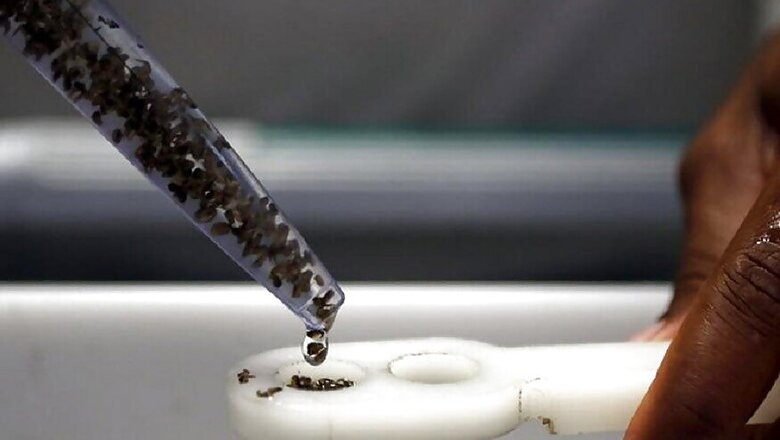
views
Monsoon-diseases, including dengue, malaria, chikungunya and zika, are on a constant rise, globally and it has become an issue of concern across countries. Apart from causing worries in various Asian nations, Zika cases are increasing rapidly in countries like Brazil. To tackle the issue, the Brazilian students are inspecting areas Brazil’s north-eastern city of Salvador. These children map blocked drains and piles of rubbish on their tablets, in order to find out the “infection points” that attract the rats and mosquitoes. These, in turn, spread diseases like leptospirosis and the Zika virus.
Alexandre Santos, a student in the team, says, “We look at sewers, rubble, garbage. Now there is high vegetation. It goes straight into the data bank.” Ricardo Lustosa, a postdoctoral researcher in public health at the Federal University of Bahia, who runs the programme in this community, tells, “This is the perfect place for mosquitoes and rats to reproduce,” he says.
The favela, or slum,in Brazil’s Savador is home to more than 20,000 people who battle the health issues. Elliott Rogers, a student from the London School of Hygiene and Tropical Medicine, also contributed by explaining how leptospirosis and Zika cases are concentrated in low-lying areas of favelas.
By involving the young students and engaging with locales, the esearchers study health issues in favela communities in detail. This research has proved valuable in understanding how people previously exposed to dengue fever may have been protected from the Zika virus.
In the expose, scientists studying the 2015 Zika outbreak in Brazil have discovered that people previously exposed to dengue may have been protected from the virus. Zika is not new to Brazil, which has seen bad Zika epidemic in previous years.
Back in early 2015, a widespread epidemic of Zika fever, caused by the Zika virus in Brazil, spread to other parts of South and North America. It also affected several islands in the Pacific, and Southeast Asia. In November 2016, WHO announced the end of the Zika epidemic.


















Comments
0 comment